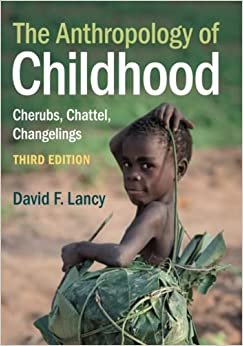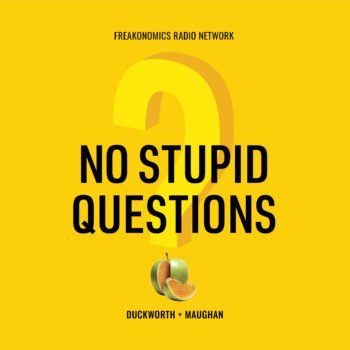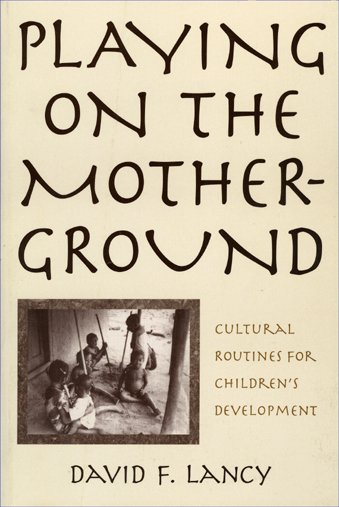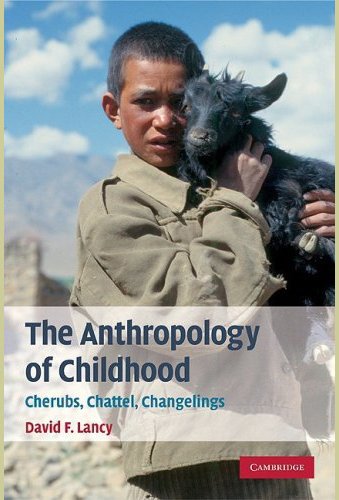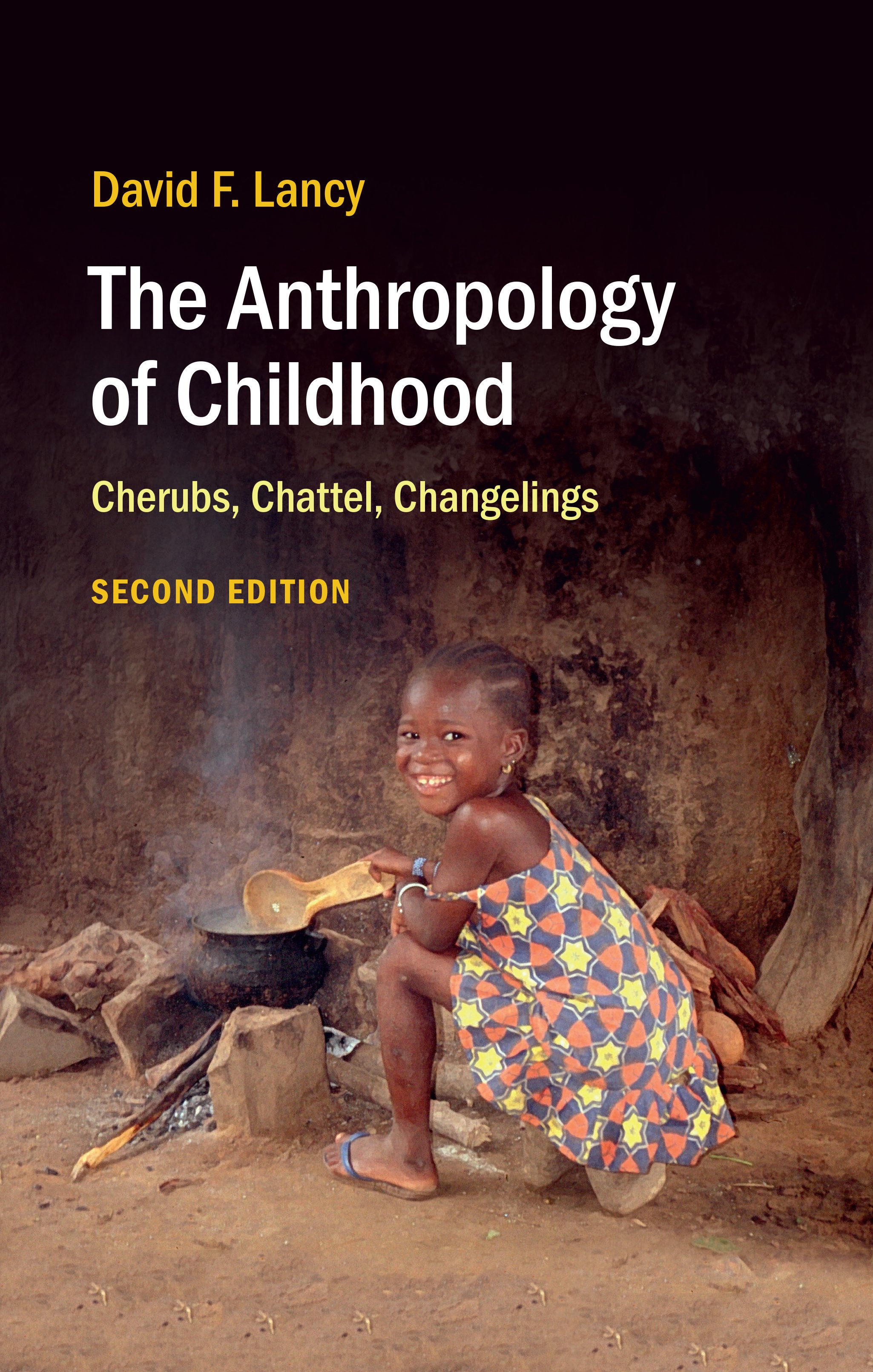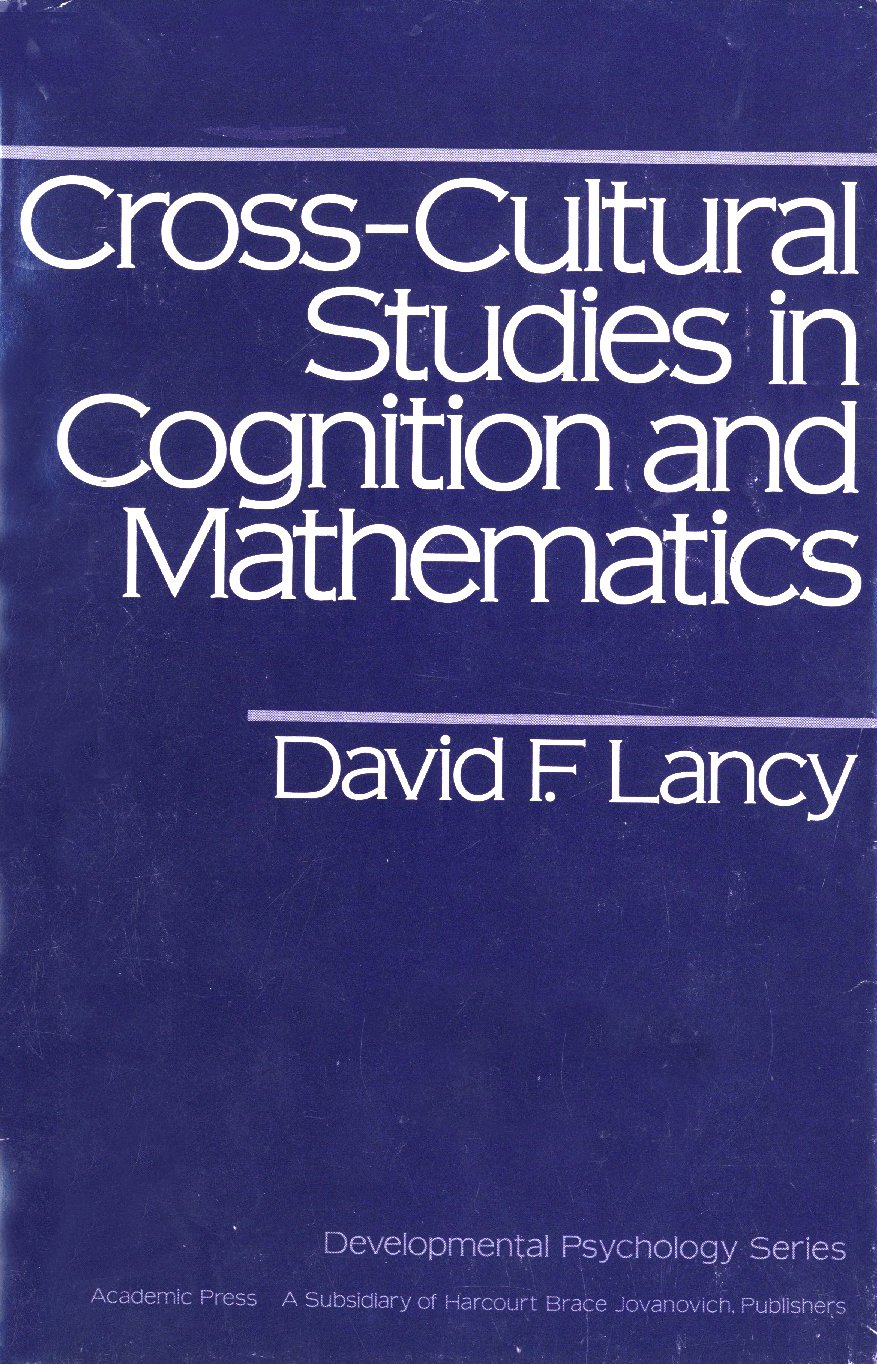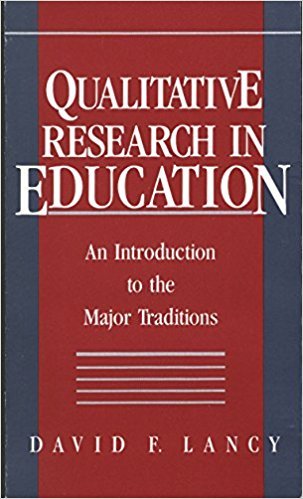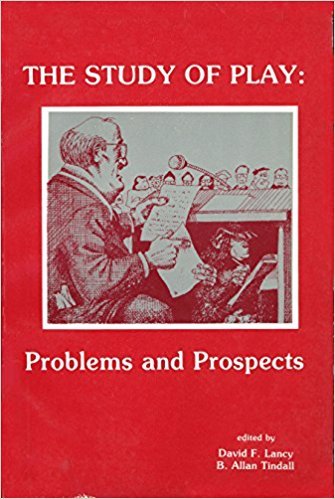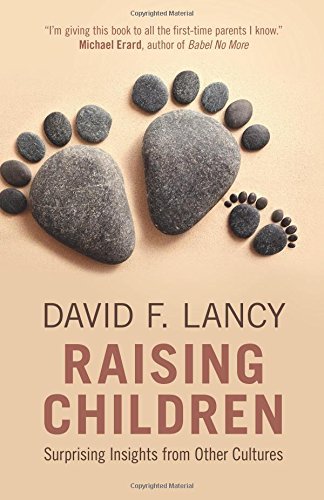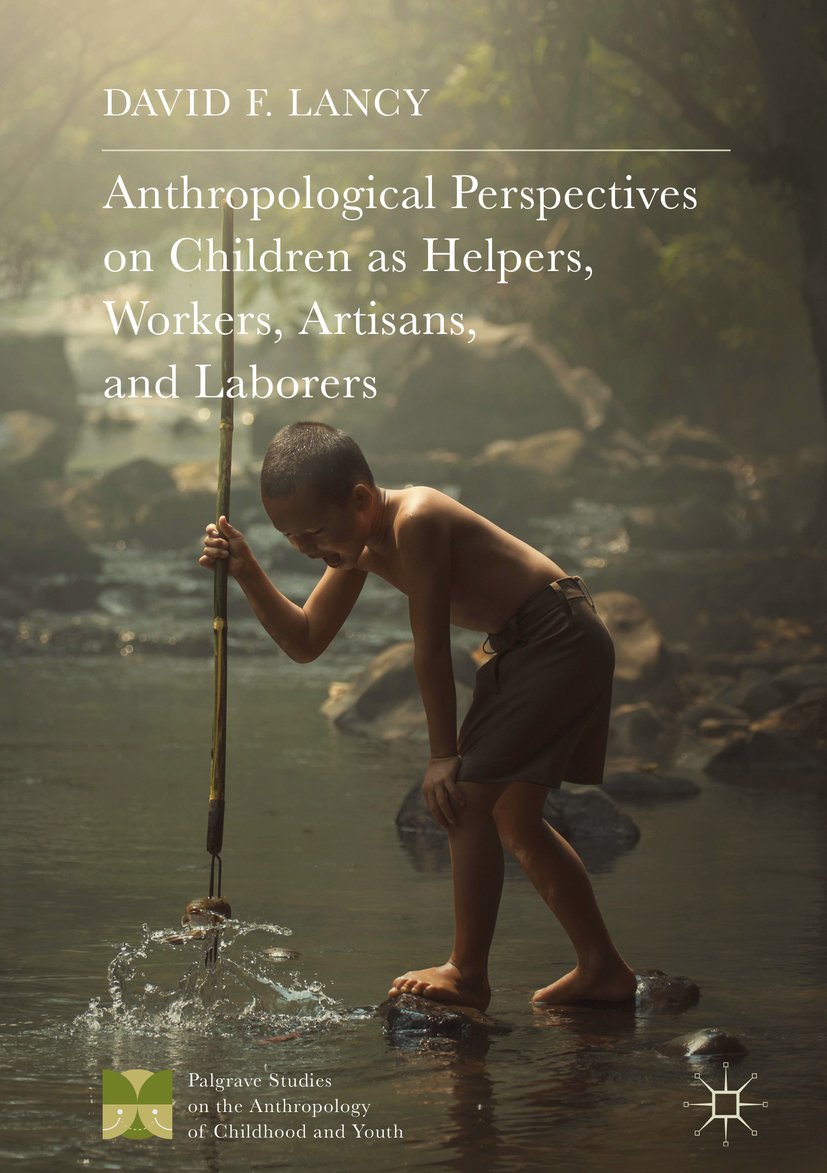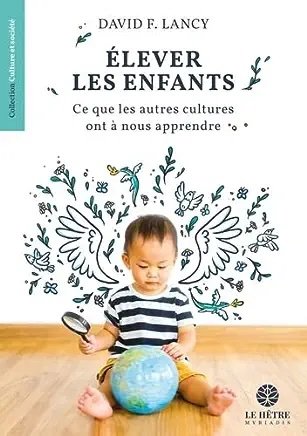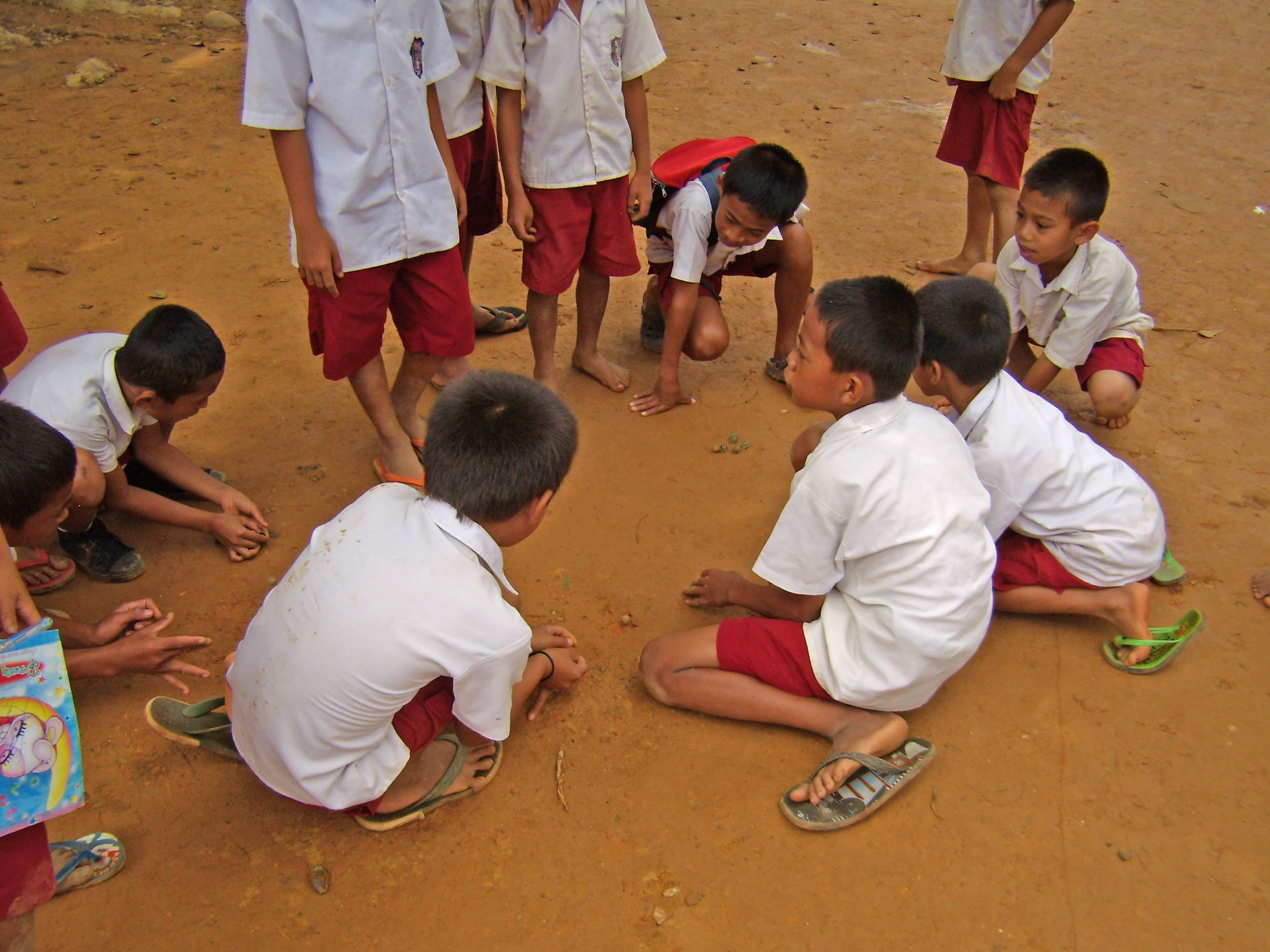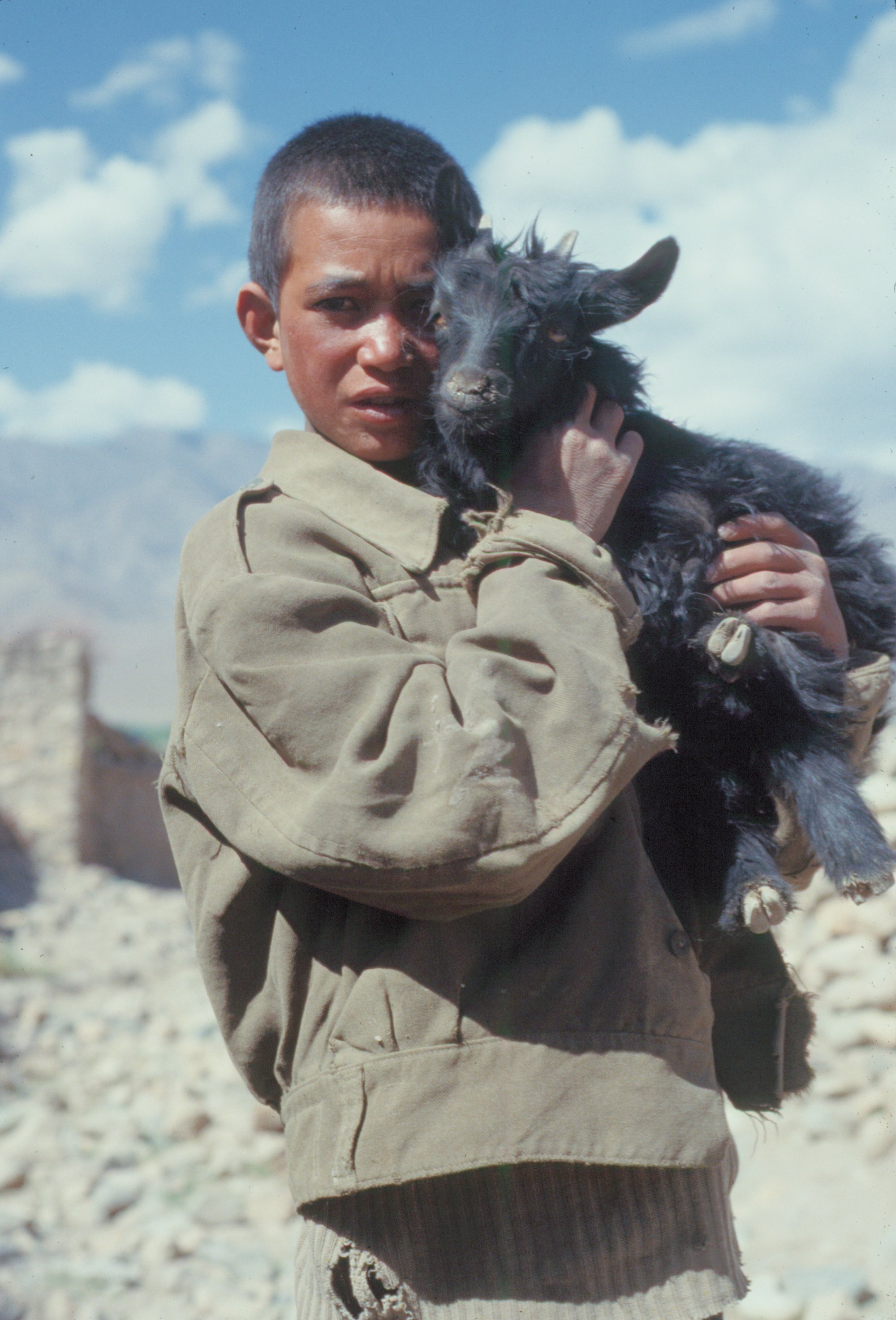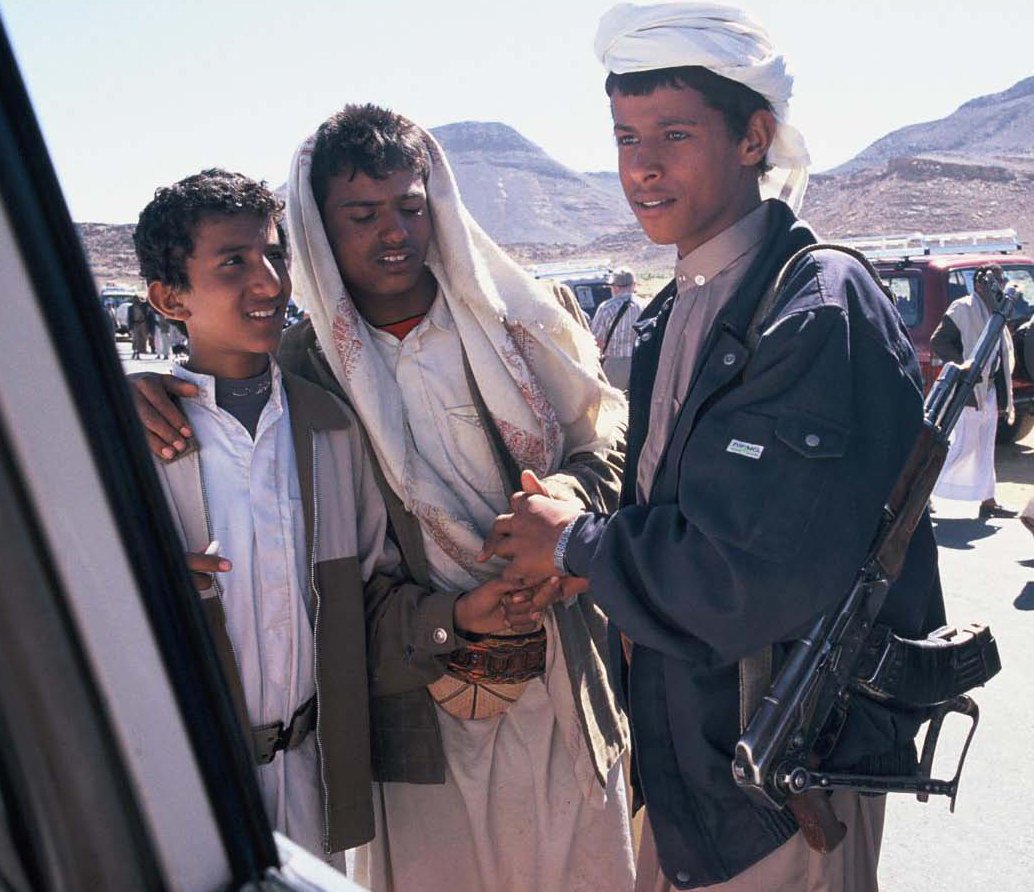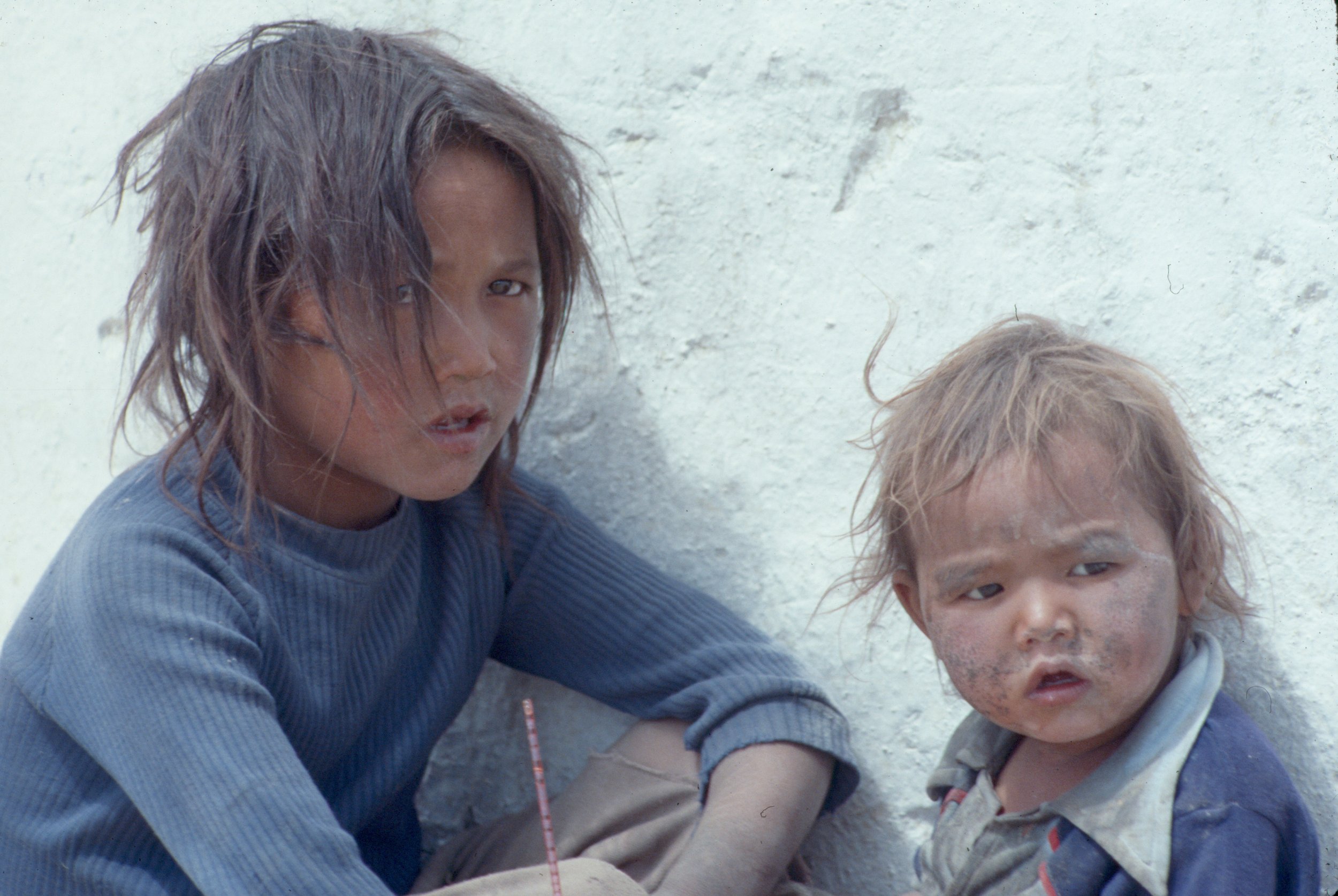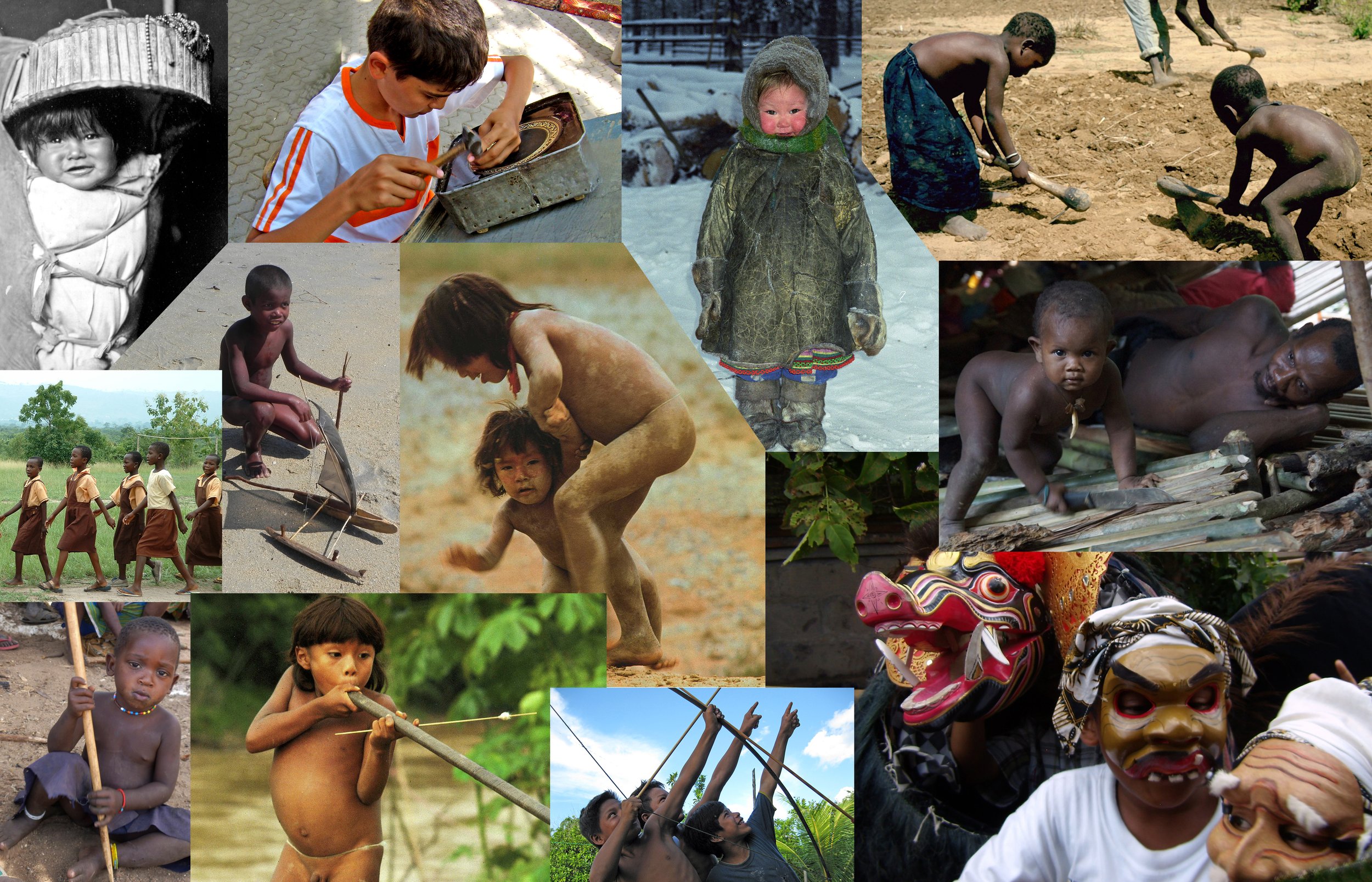
Dr. David Lancy’s career as a student of childhood and culture began in 1968. As part of his graduate fellowship, he worked with Kpelle village children to determine the impact of schooling on cognitive development. Among other reports, this work was highlighted in “The Social Organization of Learning: Initiation Rituals and Public Schools”, published in Human Organization in 1975. With this work, Lancy adopted an emic perspective which foregrounded the Kpelle ethnotheory of child development in counterpoint to the western (now referred to as WEIRD) perspective. In a second visit in 1973, Lancy undertook a comprehensive ethnography of Kpelle childhood from birth to adolescence. This study yielded several important discoveries. Chief among these was the role of work in children’s lives and the “chore curriculum” which insured children learned the skills and knowledge required of mature members of society. Another important theme was the great contribution that children’s play makes to this learning process. The eventual monograph, Playing on the Mother Ground: Culture Routines for Children’s Development, was published in 1996 by Guilford Press and has been widely cited as an exemplar of an emerging sub-discipline—the Anthropology of Childhood.

Following the work in Liberia, Lancy studied children in a variety of cultures in Papua New Guinea, seeking to understand the role that cultural complexity played in children’s thinking and adaptation to western-style schooling. Lancy established 9 field sites throughout the country where both qualitative and quantitative data were collected. The analysis of these results led to Cross-Cultural Studies in Cognition and Mathematics, a volume published by Academic Press in 1983.
David Lancy’s interests also encompassed research methods for the study of childhood. Studying Children and Schools: Qualitative Research Traditions was published in 2001, but, increasingly, Lancy focused on an archival approach to inquiry. Specifically, he and his students combed through the hundreds of ethnographic descriptions of indigenous communities. Children remained the focus of repeated surveys of the literature, and insights were gleaned via inductive, pattern-seeking analyses. Among the significant theoretical insights, the “Sample Publications” section below lists several articles.
It became clear to Dr. Lancy that anthropology had a great deal to contribute to the study of childhood which was and is completely dominated by western-trained psychologists with limited awareness of the degree to which childhood is shaped by culture. This necessitated a program of research as well as a concerted effort to create an environment to nurture and grow a new sub-discipline. In 2008, The Anthropology of Childhood: Cherubs, Chattel and Changelings (Cambridge) became the first and remains the only systematic review of the field. This work has been very successful at “getting the word out” and has just entered its 3rd edition. A shortened version aimed at parents, Raising Children: Surprising Insights from Other Cultures, appeared in 2017. Lancy was instrumental in launching two organizations to foster the study of childhood by anthropologists—The Association for the Anthropological Study of Play and the Anthropology of Children and Youth Interest Group. On behalf of these fledgling organizations, he undertook the creation of a newsletter, a website, and several conferences.
Dr. Lancy’s work has been acknowledged via invited lectures at conferences and universities in North America, Europe, and Asia. He has been awarded two Fulbright Fellowships for teaching and research in Trinidad and Tobago and Sweden. In 2001, David was honored by the Carnegie Foundation as Utah’s Professor of the Year. And, in 2011, he was given Utah State University’s Thorne award.
As a prolific scholar, Dr. Lancy has edited 3 academic volumes and sole-authored 9 scholarly books and over 75 articles/chapters, spanning a career of 50+ years. He recently completed Learning Without Lessons: Pedagogy in Indigenous Communities, published by Oxford University Press in January.

